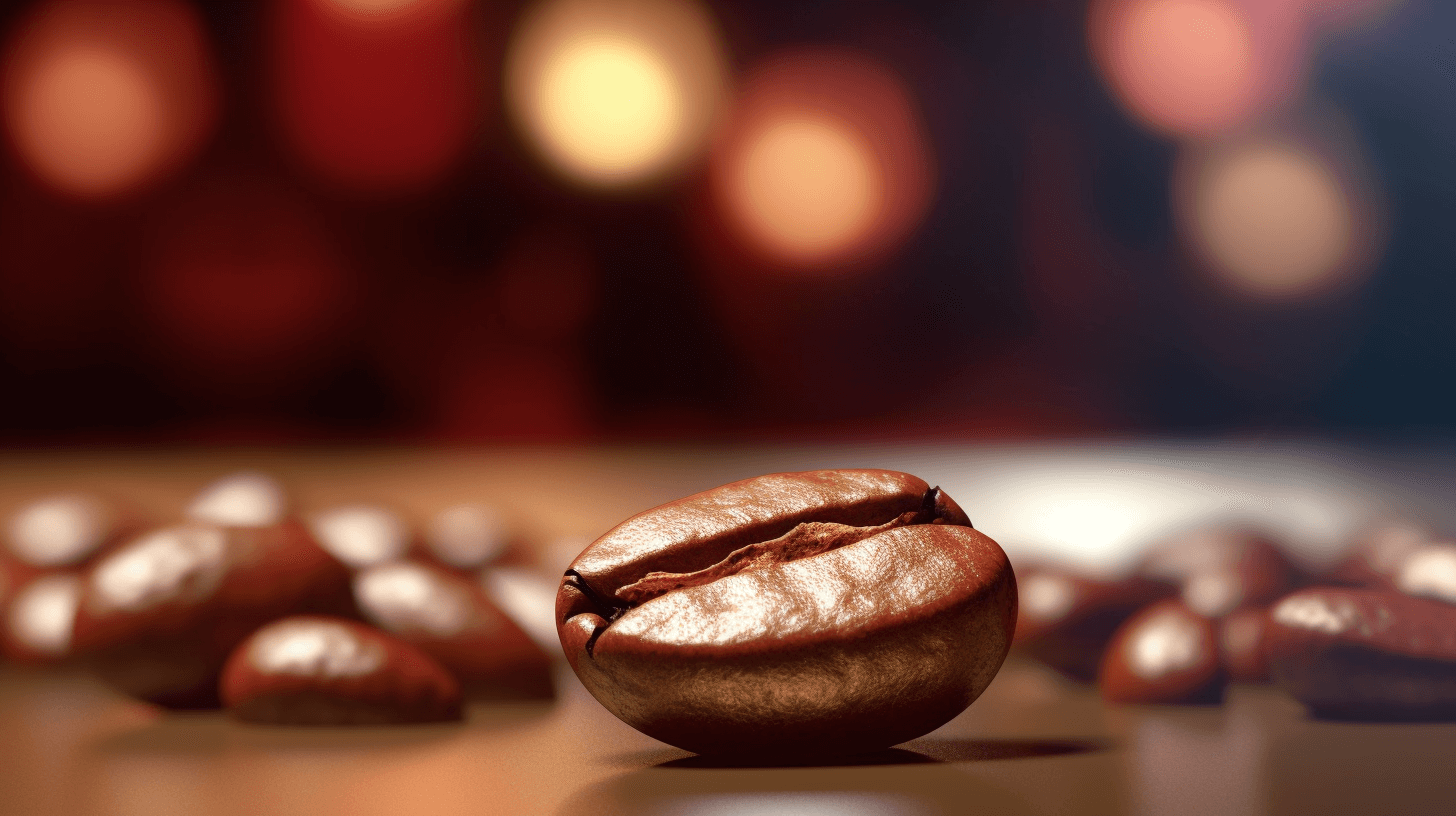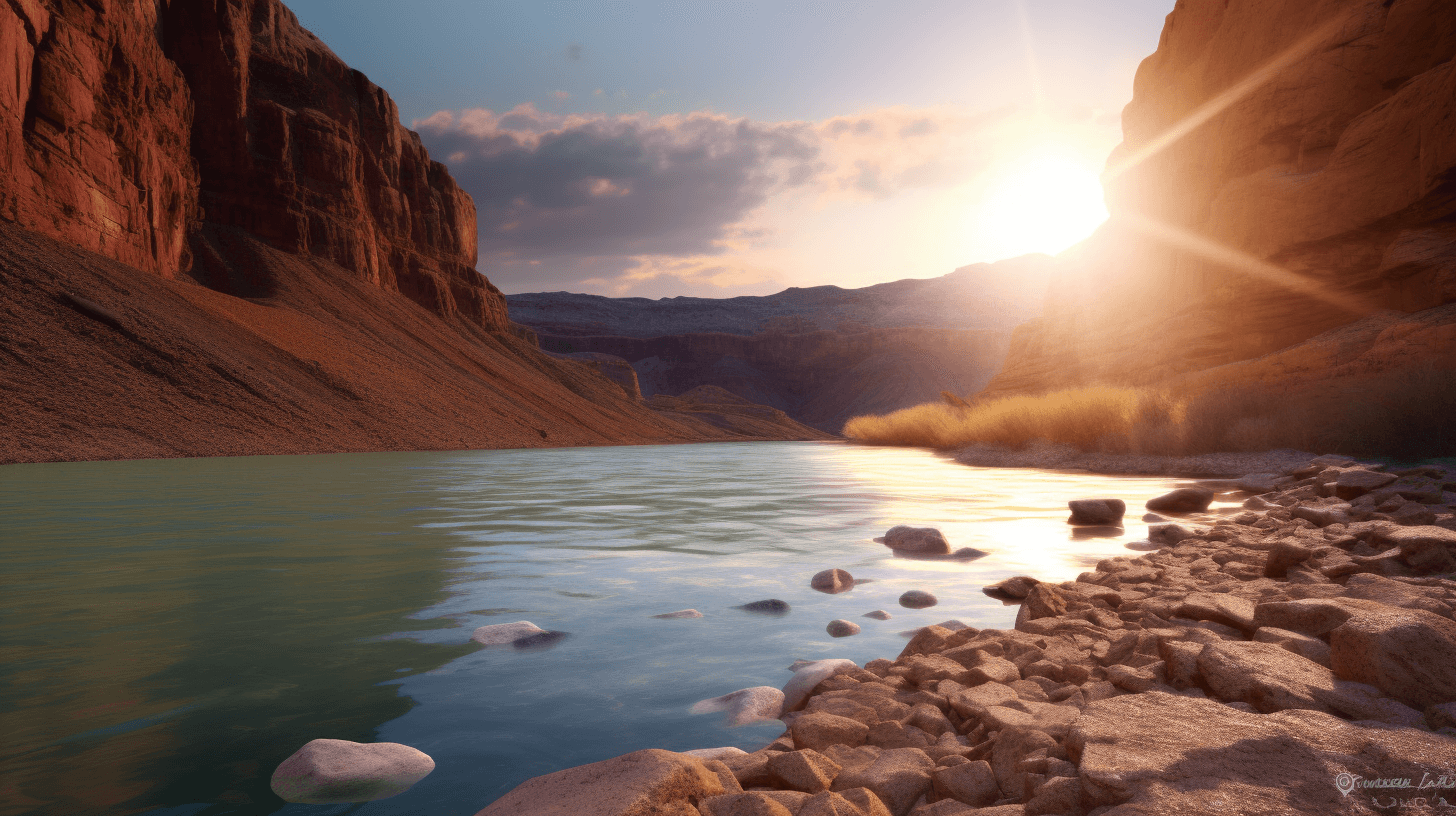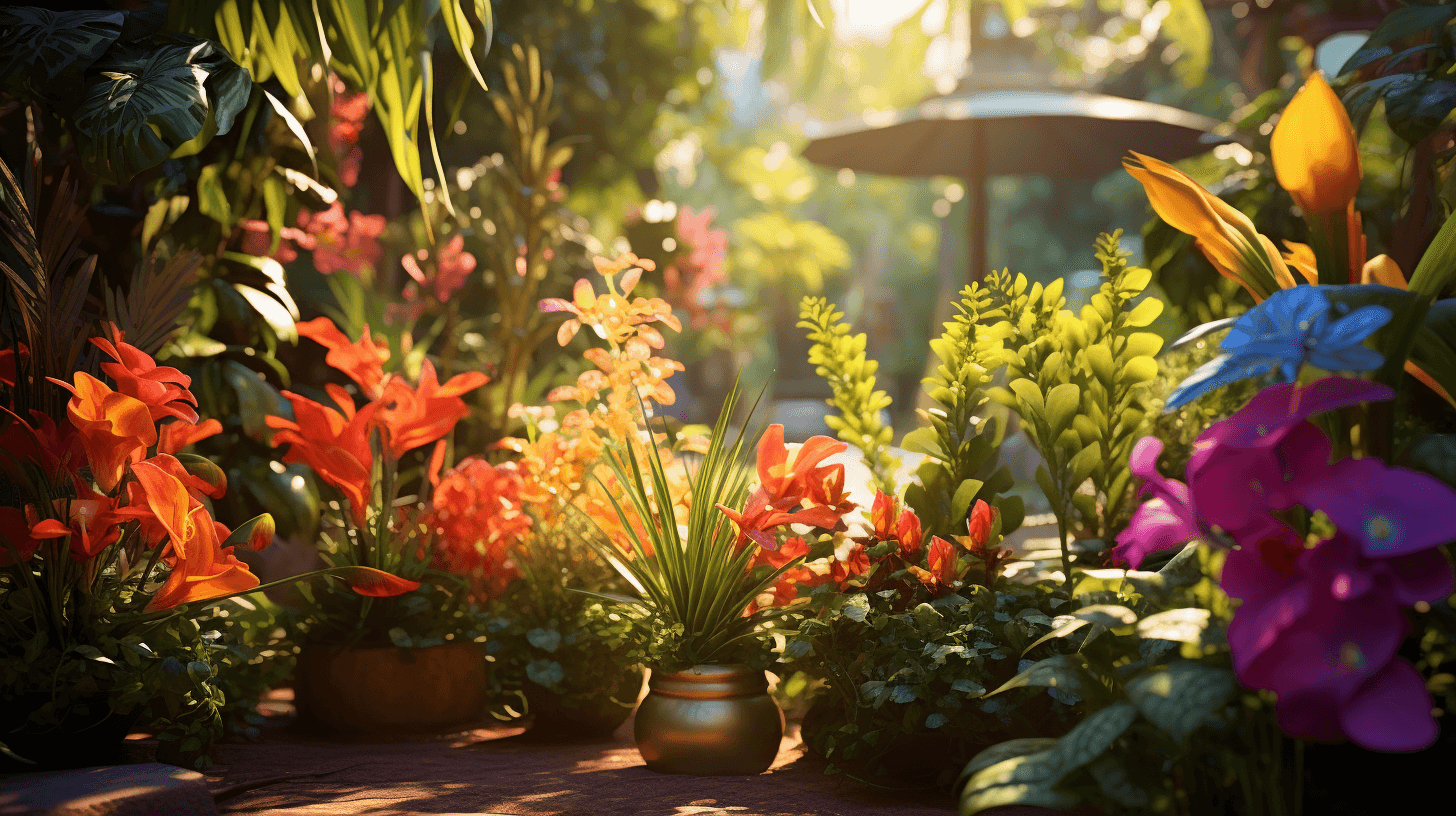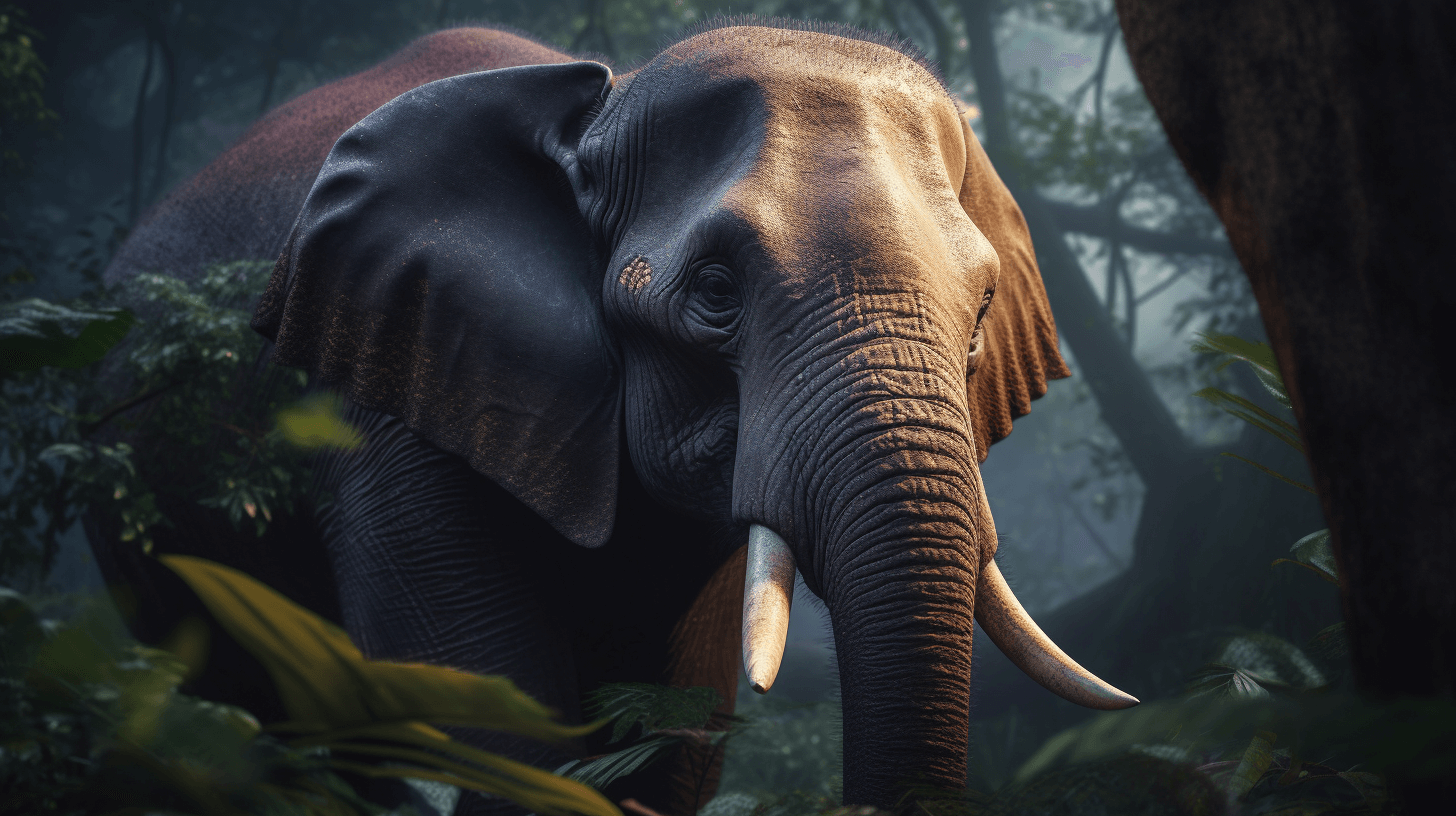🌴Da Kine Koffee Wea Goin’ Survive Climate Change🔥
Wat Climate Change Could Mean fo’ da kine Koffee You Drink
Brah, get choke bad news. Da two kine koffees we all drink — Arabica and robusta — stay in big pilikia wit da climate change timez.
👍Bumbye, da good news. Da farmahs in one big Africa kine koffee export country stay growin’ one oddah kine, one dat can handle da heat, drought, and da buggahs dat try fo’ destroy ’em, all dat kine stuff from global warming. 🌍
Fo’ plenny years, dey wen mix ’em wit da low-priced robusta. Dis year, dey goin’ try fo’ sell ’em to da world wit da tru name: Liberica excelsa. 🏷️
“Even if get plenny heat, da buggah stay OK,” Golooba John, one koffee farmah neah Zirobwe, Uganda wen say. As his robusta trees wen go down to pests and disease, he wen change ’em to Liberica trees. On his six acres, Mr. John get ony 50 robustas, and 1,000 Libericas. 🌳
He drink ’em too, cuz. He say mo’ bettah smell dan robusta and mo’ ono. 😋
Catherine Kiwuka, one koffee specialist at da National Agricultural Research Organization, wen call Liberica excelsa “da kine neglected koffee species.” She stay wit one pilikia fo’ introduce ’em to da world. 🌏
If da buggah work, could get plenny good stuff fo’ da small kine koffee farmahs all ova, showin’ how wild koffee stay important in da heat-up world. Liberica excelsa from da kine tropical Central Africa. Dey wen grow ’em small kine long time ago in da 19th century, den no mo’ aftah. Den climate change wen show up, and da farmahs wen bring back Liberica. 🌱
“Wit climate change we gotta tink about oddah kine species dat can keep dis kine business going, all ova da world,” Dr. Kiwuka wen say.
Fo’ now, da plan stay grow da best kine Liberica excelsa fo’ ship ’em out. Volcafe, one global koffee trading company, like send tree tons dis year to da specialty roasters far away, like Britain and da United States. 🚢
Arabica and robusta stay da two kine coffee dey grow plenny, but get ova 100 kine species in da wild. One Liberica stay farmed in Southeast Asia fo’ one hundred years. Da oddah kine stay Liberica excelsa, da one from da lowlands of Uganda. Comparing ’em, Liberica stay long time fo’ grow up and make da fruit, mo’ long den robusta.🌿
Da Libericas stay way biggah den da robustas. Each tree can grow eight meters high, so da farmahs gotta use bamboo laddahs fo’ pick da beans. If no can, dey gotta cut da tree so da branches grow wide, not up.
Get like 200 farmahs growin’ Liberica in small kine areas, sellin’ ’em to da local traders wit da robusta, but still gettin’ da robust a prices. Dr. Kiwuka wen feel like da farmahs “stay gettin’ ripped off.” 😠
Liberica get mo’ strong smell and stay one high quality koffee, she said; da farmahs suppose to get mo’ bettah prices. 💰
In 2016, she wen bring Aaron Davis, one koffee scientist from da Royal Botanical Gardens in Kew, England, to Zirobwe. He nevah believe ’em at first. He wen taste Liberica oddah places and said was like “vegetable soup,” brah. 🍵
But den, da next day, he wen grind da beans from Zirobwe in his hotel room. Fo’ realz, one koffee researcher always get one portable grindah wen dey travel. 🏨
As da Liberica excelsa start fo’ make waves, da farmahs in Uganda get choke hope dat dis kine koffee goin’ survive da climate change. 🌊
Get mo’ farmahs lookin’ fo’ plant Liberica, an’ da kine research organization like spread da word about dis special koffee. If all goes guud, da world goin’ know Liberica excelsa fo’ realz, an’ da farmahs goin’ make mo’ bettah kala. 💵
Da Liberica kine koffee stay showin’ da world how one small change can make one big diff’rence fo’ da environment, da farmahs, an’ da ono koffee we all enjoy. ☕🌈
An’ das how we goin’ fight climate change wit da powah of da kine Liberica excelsa! 💪🌎
NOW IN ENGLISH
🌴The Coffee That Can Survive Climate Change🔥
What Climate Change Could Mean for the Coffee You Drink
First, the bad news. The two types of coffee most of us drink — Arabica and robusta — are at significant risk due to climate change.
👍Now, the good news. Farmers in one of Africa’s largest coffee-exporting countries are growing a different variety that can better withstand the heat, drought, and diseases exacerbated by global warming. 🌍
For many years, they’ve been mixing it with low-priced robusta. This year, they’re attempting to sell it to the world under its true name: Liberica excelsa. 🏷️
“Even if there’s too much heat, it does fine,” said Golooba John, a coffee farmer near Zirobwe, Uganda. As his robusta trees have succumbed to pests and disease, he has replaced them with Liberica trees. On his six acres, Mr. John now has just 50 robustas and 1,000 Libericas. 🌳
He drinks it too. He says it’s more aromatic than robusta and “more tasteful.” 😋
Catherine Kiwuka, a coffee specialist at the National Agricultural Research Organization, called Liberica excelsa “a neglected coffee species.” She is part of an experiment to introduce it to the world. 🌏
If it works, it could hold important lessons for smallholder coffee farmers elsewhere, demonstrating the importance of wild coffee varieties in a warming world. Liberica excelsa is native to tropical Central Africa. It was cultivated for a little while in the late 19th century before petering out. Then came the ravages of climate change. Growers resurrected Liberica once more. 🌱
“With climate change, we ought to think about other species that can sustain this industry globally,” Dr. Kiwuka said.
For now, the goal is to grow high-quality Liberica excelsa for export. Volcafe, a global coffee trading company, is hoping to ship up to three tons this year to specialty roasters abroad, including in Britain and the United States. 🚢
While Arabica and robusta are the two widely cultivated species of coffee, more than 100 species grow in the wild. One Liberica variety has been farmed in Southeast Asia for a century. Another variety is Liberica excelsa, the one that is native to the lowlands of Uganda. Compared with robusta, Liberica takes longer to mature and produce fruit. 🌿
Libericas tower over robustas. Each tree can grow to a height of eight meters, so farmers need to use bamboo ladders to harvest them. Alternatively, they need to prune the trees so their branches grow wide and not up. 🪜
About 200 farmers have been growing Liberica in small pockets, selling it to local traders along with their robusta harvest, and getting robusta prices. Dr. Kiwuka said she felt as though the farmers “were cheated.” 😠
Liberica has a stronger aroma and is a higher quality coffee, she said; farmers should have been getting higher prices. 💰
In 2016, she invited Aaron Davis, a coffee scientist from the Royal Botanical Gardens in Kew, England, to Zirobwe. He was skeptical at first. He had tasted Liberica elsewhere and found it to be like “vegetable soup,” he said. 🍵
But then, the next day, he ground the beans from Zirobwe in his hotel room. Indeed, a coffee researcher always packs a portable grinder when traveling. 🏨
As Liberica excelsa begins to gain attention, farmers in Uganda are hopeful that this variety of coffee will withstand climate change. 🌊
More farmers are looking to plant Liberica, and research organizations are working to spread the word about this unique coffee. If all goes well, the world will come to recognize Liberica excelsa, and farmers will earn better profits. 💵
The Liberica variety of coffee is showing the world how a small change can make a big difference for the environment, farmers, and the delicious coffee we all enjoy. ☕🌈
And that’s how we’re going to fight climate change with the power of Liberica excelsa! 💪🌎







